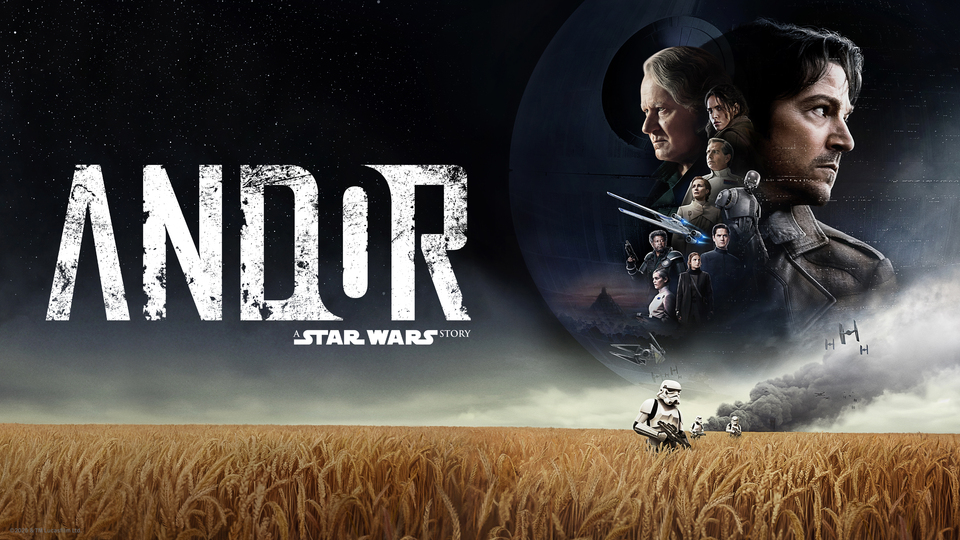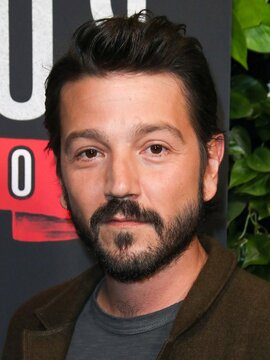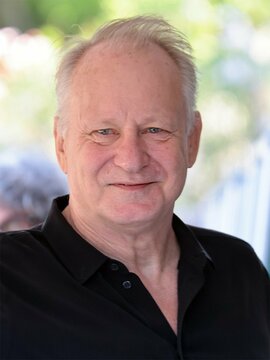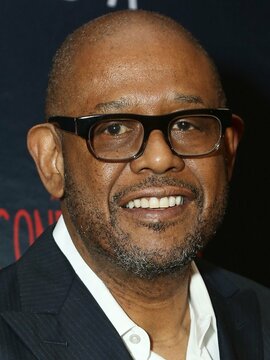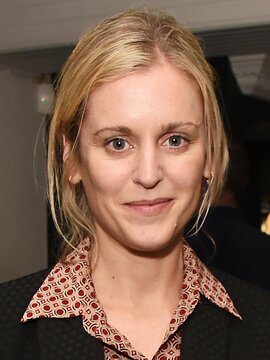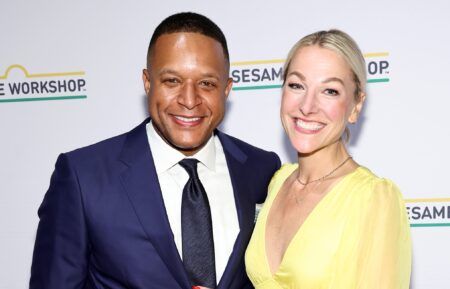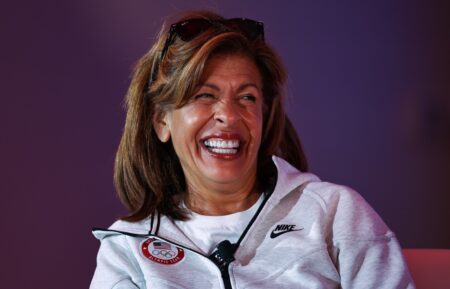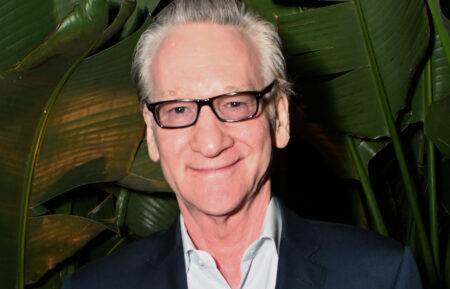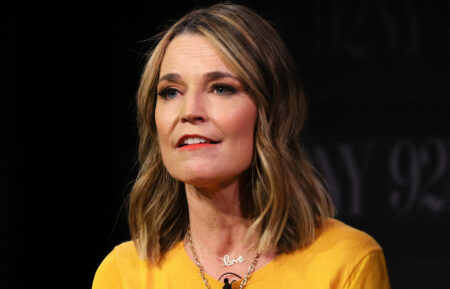‘Andor’: Genevieve O’Reilly & EP Tony Gilroy Talk [Spoiler]’s Death, Mon’s Big Speech & the Ghorman Massacre
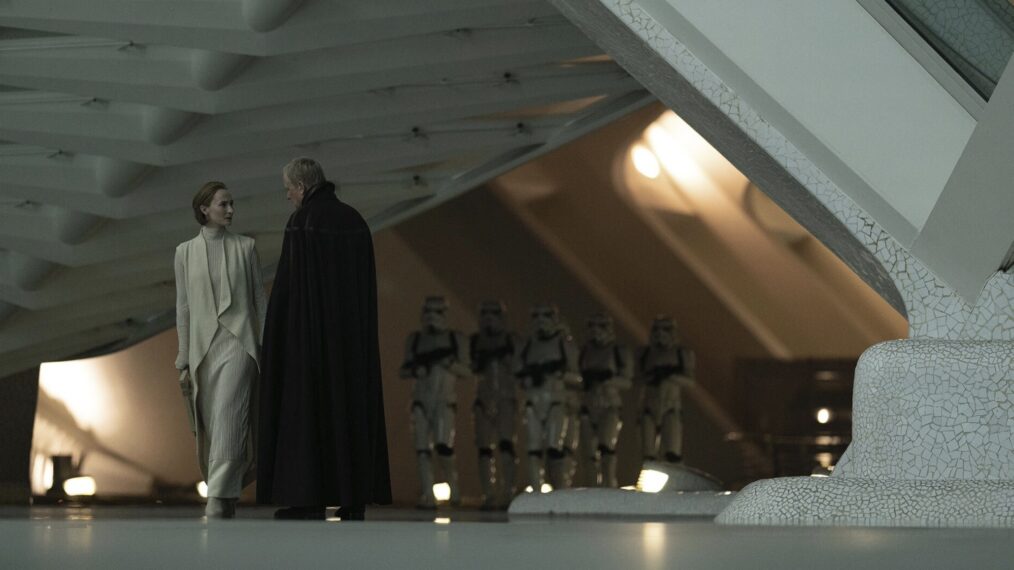
Spoiler Alert
[Warning: The following contains spoilers for Andor Season 2 Episodes 7, 8, and 9.]
There’ll be no more ambiguity in the Star Wars history books as to what really happened when the Empire descended on Ghorman two years before the Battle of Yavin.
During Andor Season 2’s third block of episodes, we see Imperial soldiers open fire on a crowd of peaceful protestors; unbeknownst to them, it’s a gathering specifically staged for slaughter by ISB Supervisor Dedra Meero (Denise Gough), who narrowly escapes assassination by Cassian (Diego Luna) during the event. On the subject of Cassian, a reeling and betrayed Syril (Kyle Soller) finally catches him — but he’s killed by a blaster bolt from Carro Rylanz (Richard Sammel) before he can bring the “criminal” to justice. In the aftermath, Mon Mothma (Genevieve O’Reilly) prepares and delivers a stunning denouncement of Imperial leadership to stand among the best speeches in the galaxy… but safely extracting her from Coruscant proves a dangerous task for the rebels.
We chatted with executive producer Tony Gilroy and star Genevieve O’Reilly about Mon’s major moment, creating a definitive version of the Ghorman atrocity, and how the team found the music of Ghorman’s rebellion.
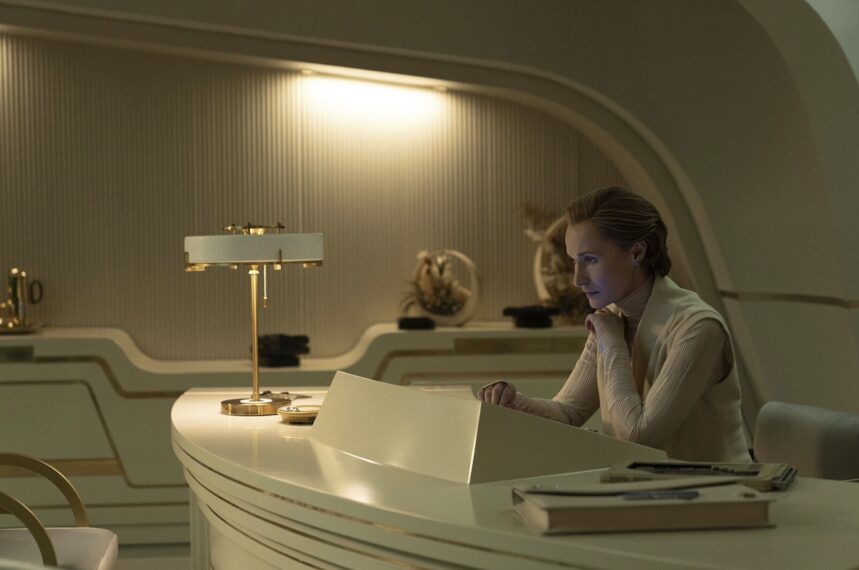
Disney+/Lucasfilm
Genevieve, I’d love to hear how it felt to deliver that incredible Senate speech. To have played her for as long as you have, and to bring her to such a powerful moment — how were you feeling?
Genevieve O’Reilly: It’s difficult to describe how grateful I am that Tony took this narrative space to really give this woman a voice. A voice that is impactful, and a woman whose superpower is diplomacy — the idea that this is a woman who will never pick up a weapon, but her voice can be used as a weapon, the freedom, as an actor, to be able to step into that space is everything that you want. The idea that after 20 years of playing her that I have come to this point, where she could have a moment that feels deeply impactful, meant everything to me.
Tony Gilroy: Dan Gilroy wrote all the early drafts on that. Everything comes off my desk at the end, but there’s a collaboration of creation along the way. My brother will kill me if I don’t [mention him]!
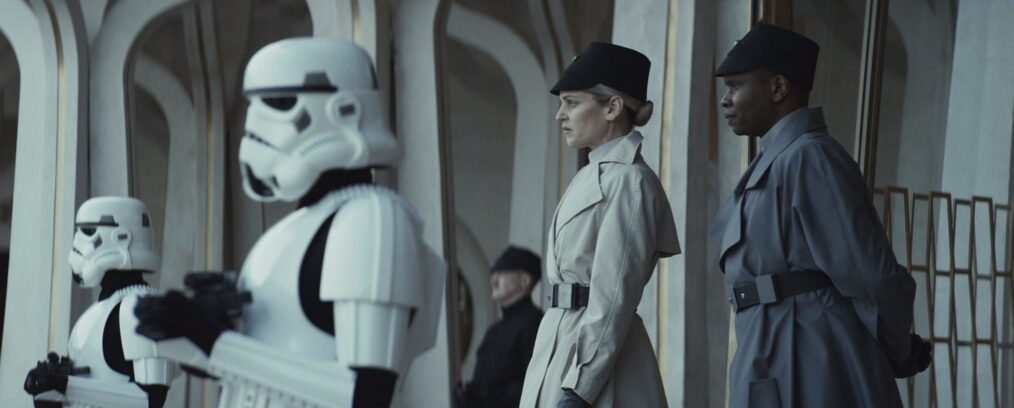
Disney+/Lucasfilm
Tony, I wanted to ask you about Ghorman. As you’d mentioned at various points before, much of what exists in canon is either vague or conflicts with itself. How did you arrive at Andor’s version of the infamous massacre?
Gilroy: People think it’s a restriction, but it’s really helpful when we have limitations. We had the limitation of finishing in Rogue, so that’s an asset. Then, anything that we have that’s canonically within that five-year period that I’m curating really helps me out. The Ghorman Massacre is the provoking moment where Mon Mothma makes the speech, but there is, as you’ve said, some fudging in the canon and there’s a previous Ghorman Massacre that’s mentioned. I get on the phone and call the “Vatican” in San Francisco and talk to Pablo Hidalgo, who’s the master of the history, and go, “What do you know about Ghorman?” There’s nothing written about Ghorman. It’s a blank slate. Those things are squishy. So, we did some housekeeping, and you can see that I tried to incorporate both events. Luke Hull, the production designer and my “co-god,” we made Ghorman. What does it look like? What’s the aesthetic? What kind of people are there, what’s the economy, what’s the language?
I was struck by Mon’s horror at the violence it took to extract her from the Senate. Genevieve, were you keeping her “innocence,” so to speak, in mind as you portrayed her world turning upside down?
O’Reilly: I remember that day really well, actually. She’s crossing that threshold with Cassian, and it’s Cassian who she decides [to let help her], but she doesn’t know who to trust at that stage. You’ve seen, through the episode, that everyone has pulled the rug from under her. She uses that platform to dig into what she really believes, and I think that’s her only strength, at that moment, but once she walks out of there, there’s a target on her back. Everywhere. She chooses, in that moment, to believe Cassian because he brings up her cousin.
There’s a shootout, and then there’s that race across the rooftop where she meets her driver. In both of those moments, I wanted to really show that this woman is not practiced in physical rebellion. I remember Diego and I talking about that moment on the rooftop together, and how we could show that these two people could physically respond to this moment very differently and what it tells you about the two of them, the idea that she’s not practiced in bloodshed or war, and that he’s this soldier and leader now. Yeah, there are choices to make as actors. It was really great to be able to make those choices and to be brave about those choices.
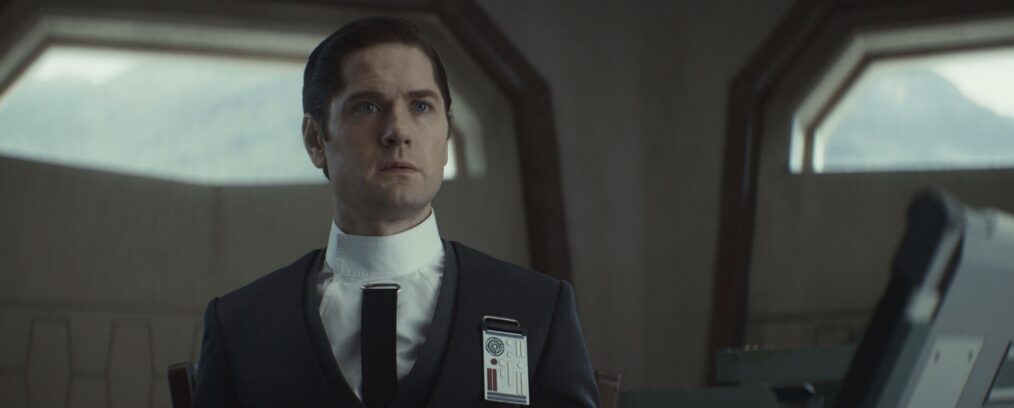
Disney+/Lucasfilm
Tony, I’ll admit to being a fan of Syril, so I have to ask — how did you decide that Ghorman would be the end of his story, and that his final moments would be in a confrontation with Cassian?
Gilroy: I just love writing Syril. I had a different take on Syril all the way through the first season than what most of the audience had. I view him as a romantic. I think he’s a fantasist, and I think the conversation that’s inside his head is very loud. He was really up for grabs in a lot of ways, and he made the wrong choice and went with the Empire. For me, the key thing — and it’s the title of the episode, it’s the last thing he hears before he goes down — is, “Who are you?” You’ve been chasing something for years and been obsessed with it, and it’s not even aware of your existence. Imagine choosing to cast your lot with this process and cast your love with the Empire, and then finding how incredibly perverted your alliance is going to be turned. It’s so tragic. I think it’s his episode; we always viewed it that way. We have an extraordinary actor in Kyle Soller, and we learned what all of these actors could do in the first season, but it just frees you up to go all the way. We wrote all the way into it, and I’m very sad, but I’m very pleased with where he ends up.
And lastly, there’s a common thread between Ferrix and Ghorman: music. Tony, how did you find the song of Ghorman’s rebellion?
Gilroy: I knew that I wanted them to be singing on the plaza, before the massacre started. We looked at a lot of videos and, Nick [Nicholas Britell, composer] was still on the show at that point, that was before we started, and Nick and I said, “Look, we have to write a national anthem.” I came up with some words, Nick wrote the verse, I went home and wrote the chorus, he changed some of the words, we really wrote it together. We listened to a lot of national anthems. There are some great ones, and there are some really bad national anthems out there — I’m not naming names, but you know who you are! [Laughs] I knew there’d be something absolutely heartbreaking if we could have all of these people bind themselves together one last time. They don’t go there thinking there’s going to be violence. They don’t go there thinking there’s going to be trouble. They go there thinking the plaza is going to be open and they can make a statement. It’s during the anthem that things go wrong.
Andor Season 2, Tuesdays, 9/8c, Disney+

